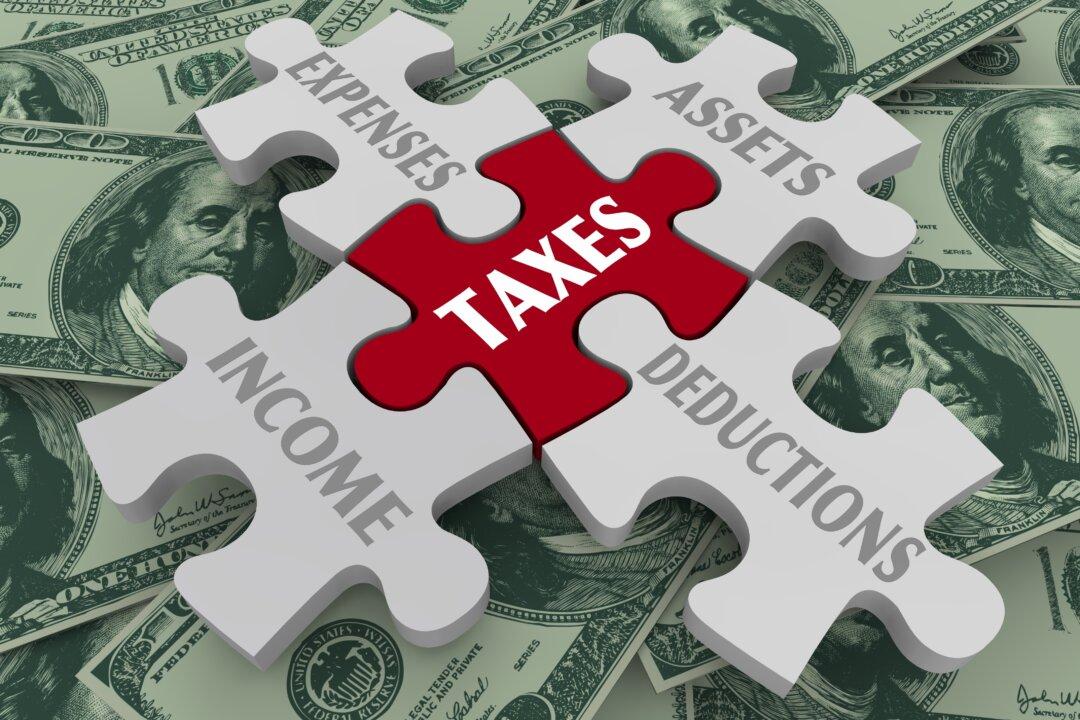You’ve made a decision and are going to start saving some of your income. Perhaps you have picked a number already—twenty percent of your funds will be invested. You are determined to honor this personal commitment all the way to your retirement.
In past generations, people would simply put their savings in a bank account, earn five percent interest, and forget about it. Every 14.4 years an investment value will double at five percent interest rate. Within a working lifetime that means you could expect doubling to occur almost three times.






